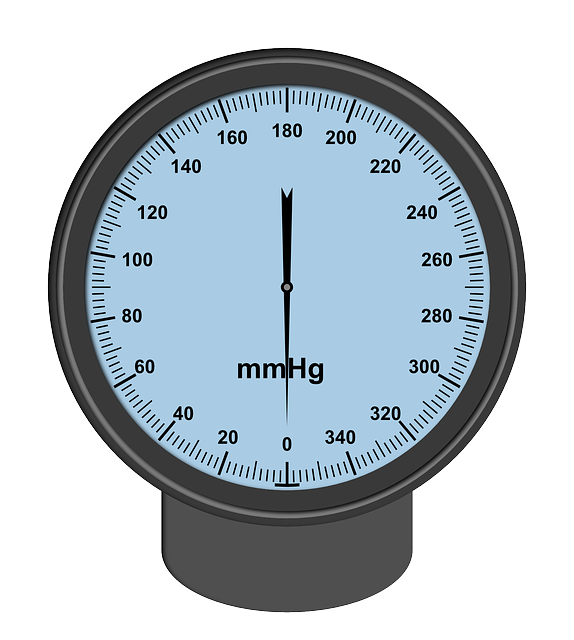A full body blood test, also known as a comprehensive metabolic panel (CMP), provides a detailed analysis of various blood components to assess overall health. By measuring red and white blood cells, proteins, electrolytes, glucose, liver, and kidney markers, healthcare professionals can detect early signs of potential health issues, including inflammation, vitamin deficiencies, and risk factors for chronic conditions. These insights empower individuals to make informed lifestyle changes, such as stress management, dietary adjustments, or increased physical activity, leading to proactive wellness management through regular follow-up tests.
“Uncover a holistic view of your health with full body blood test services. This comprehensive analysis goes beyond basic screening, offering insights into your entire system—from immune function to cardiovascular health.
In this guide, we’ll explore what to expect during and after the test, dissecting the wealth of data gathered. We’ll also provide actionable steps to optimize your well-being based on these valuable results, empowering you to take control of your health journey.”
- Understanding Full Body Blood Tests: What to Expect and Why It Matters
- The Comprehensive Analysis: Unveiling the Insights from Your Test Results
- Optimizing Your Health: Next Steps After a Full Body Blood Test
Understanding Full Body Blood Tests: What to Expect and Why It Matters
A full body blood test, also known as a comprehensive metabolic panel (CMP), is a panel of tests that provides a detailed look at your overall health and vital organ functions. It’s more than just a basic blood count; it offers insights into various systems within your body. This test analyzes multiple samples of your blood to measure the levels of different substances, enzymes, and cells, giving healthcare professionals a comprehensive overview of your current health status.
Understanding what to expect from this test is crucial. During the procedure, a healthcare provider will take a small sample of your blood, typically through a vein in your arm. The samples are then analyzed for various parameters, including red and white blood cell counts, hemoglobin levels, electrolytes, glucose, protein, liver function markers, and kidney health indicators. The results can reveal potential issues with your heart, liver, kidneys, or other organs, as well as provide insights into your overall nutrition and metabolic health. This is why full body blood tests are valuable tools for preventive healthcare and early detection of potential health problems.
The Comprehensive Analysis: Unveiling the Insights from Your Test Results
A full body blood test provides a comprehensive analysis, offering valuable insights into your overall health. Beyond basic markers, it delves into various aspects, including red and white blood cell counts, protein levels, electrolyte balance, and more. This detailed examination allows healthcare professionals to detect potential issues early on, whether it’s an inflammation, vitamin deficiency, or even early signs of chronic conditions.
The results can reveal a symphony of information about your body’s functioning. For instance, abnormal liver enzymes might suggest a need for further investigation into your liver health, while unusual levels of cholesterol could indicate cardiovascular risk factors. Understanding these subtleties empowers you to take proactive measures towards maintaining or improving your well-being.
Optimizing Your Health: Next Steps After a Full Body Blood Test
After undergoing a comprehensive full body blood test, the next step is to optimize your health based on the insights gained. These tests provide a detailed snapshot of your overall health, allowing for tailored recommendations. The results can reveal areas where lifestyle adjustments may be needed, such as managing stress, improving diet, or increasing physical activity. By interpreting these findings, individuals can take proactive measures to enhance their well-being.
For instance, if the test indicates elevated inflammation levels, incorporating anti-inflammatory foods and regular exercise could become a priority. Alternatively, high cholesterol levels might prompt a shift towards a heart-healthy diet and increased fiber intake. Regular monitoring and follow-up tests can then track progress and ensure these changes are effective in optimizing your health profile.
A full body blood test offers a comprehensive health overview, providing valuable insights into your overall well-being. By analyzing various blood components, it uncovers potential issues early on, empowering you to take proactive steps towards optimization. With these insights, you can make informed decisions about diet, exercise, and lifestyle changes, ensuring a healthier future. Don’t wait for symptoms to arise; schedule a full body blood test today and take charge of your health.
